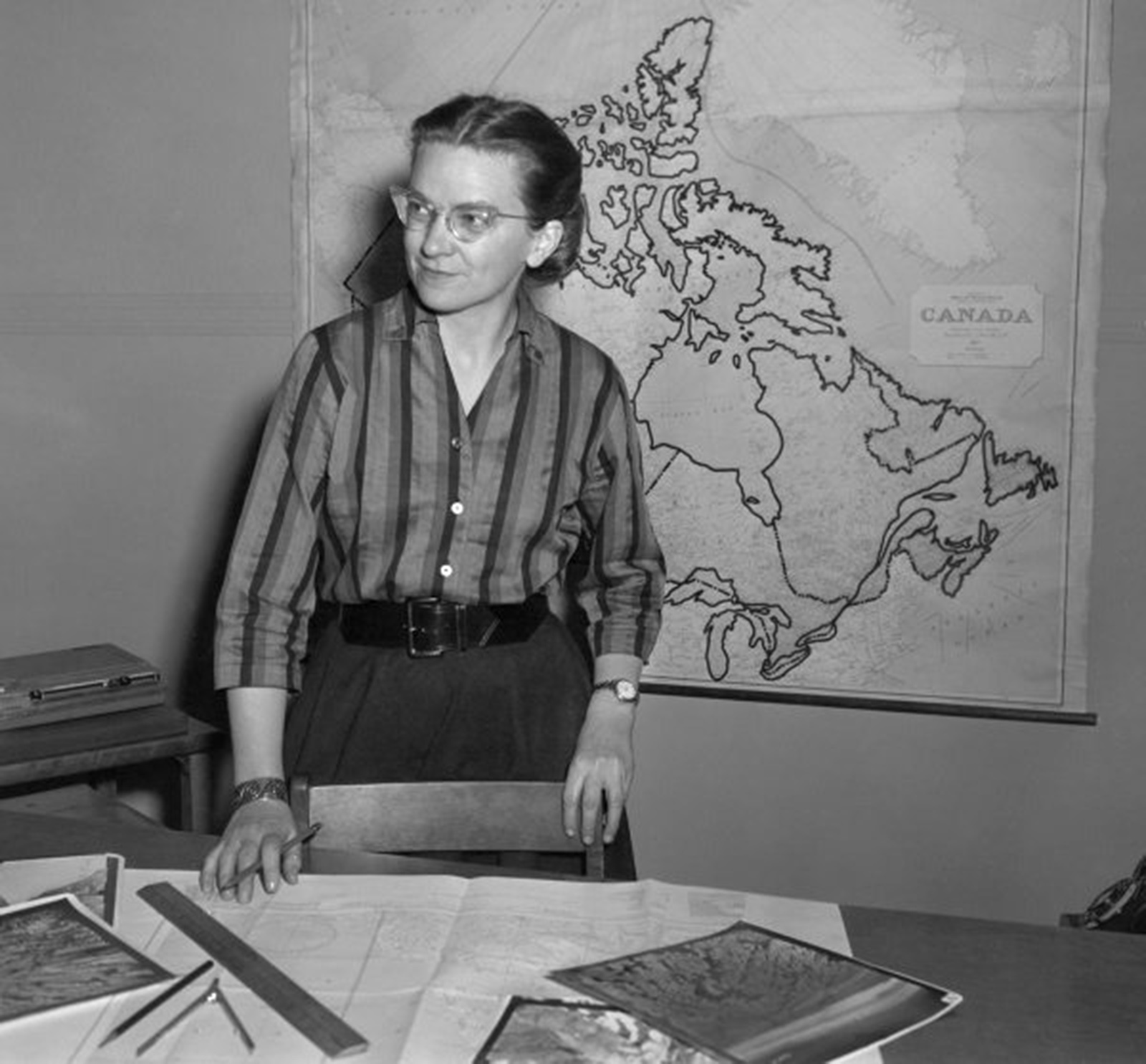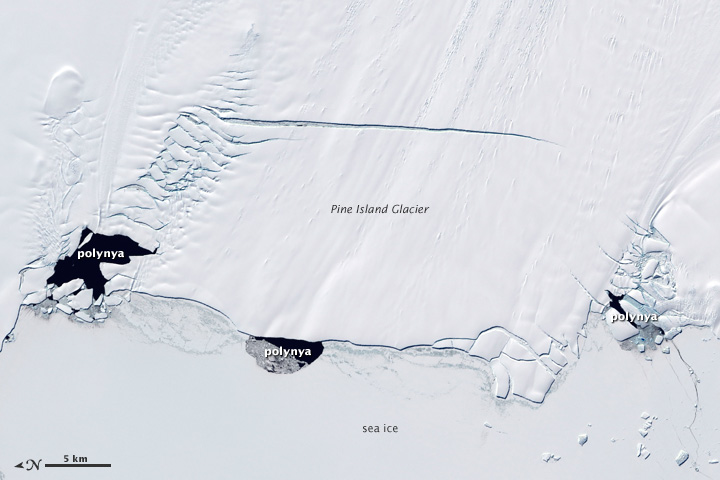Isobel Moira Dunbar, OC, FRSC, ice research scientist, public servant (born 3 February 1918 in Edinburgh, Scotland; died 22 November 1999 in Ottawa, ON). Moira Dunbar was a Scottish-Canadian ice research scientist. Beginning in the 1950s, Dunbar was one of the first women to conduct polar ice research in the Canadian Arctic from icebreakers and airplanes. She was involved in national and joint international projects that sought to better understand the Arctic, particularly the defence capabilities of Canada during the Cold War. Dunbar’s publications helped standardize Arctic ice terminology in the field during a period of growing interest in the Canadian North.

Early Life in the United Kingdom
Moira Dunbar was born in Edinburgh and also lived in western Scotland and the Hebrides in the early part of her life. She attended school in Edinburgh before completing a BA in Geography from the University of Oxford in 1939.
Following graduation, Dunbar worked as an actress, performing for the military with a theatre troupe in Europe. Following the end of the Second World War, she continued working as an actress and stage manager, touring across the United Kingdom. In 1947, she emigrated to Canada.
Career in Canada
Moira Dunbar’s first job in Canada was at the Joint Intelligence Bureau of Canada, gathering and editing information for a book on sea ice in the Arctic. In 1951, Dunbar and American aeronautical navigation specialist Virginia Withington became the first women to fly over the North Pole when they participated in a joint Canadian-American study of cold-weather military equipment.
Dunbar moved to the Defence Research Board (DRB) in 1952 as they were recruiting geographers. She joined the Arctic Section of the DRB when scientific work in the North was growing. The DRB was established in the wake of the Second World War to address scientific and technological needs for defending Canada.
Two years after joining the DRB, Dunbar applied to join a research trip to the Arctic on a Royal Canadian Navy (RCN) icebreaker. Her application was denied despite her expertise because women were not allowed onboard RCN vessels. Her petition was finally granted the following year after six months of submitting requests. On icebreakers, Dunbar studied the movement of ice. By examining images of the sea ice taken at different times, she could predict the ice’s position at a given time. She also pioneered the use of sideways-looking airborne radar (SLAR) on aircraft. With SLAR, a radar beam is transmitted from the side of an aircraft, positioned perpendicular to the flight path. The radar reflects off the ground to produce an image of the surface.
“I think they regarded me as some sort of cross between a delicate flower and a dangerous disease. They were against it from the start partly because the only places you could stay were air force stations and that was no place for a woman. I think they expected me to go around seducing all the men or something.”
— Moira Dunbar, recalling her experience of trying to join research trips aboard RCN icebreaker ships.
While Dunbar’s observation work primarily took place on icebreakers, she also conducted over 560 hours of observation in RCAF aircraft. Years of aerial observation formed the basis of her 1956 book, Arctic Canada from the Air, which she coauthored with RCAF navigator Keith Greenaway. Consisting of text and aerial images, the book was many Canadians’ first thorough introduction to Arctic landscapes. The project led to Dunbar’s interest in Arctic exploration. Along with the book, Dunbar published numerous academic papers analyzing the work of early Arctic explorers as well as her own observational research. Her work contributed to standardizing terminology in the study of Arctic ice.
She later specialized in sea-ice research, particularly the climatological aspects. Through her observation work, Dunbar became one of the first people to witness a polynya, an open body of water within sea ice.
Dunbar learned Russian to understand Arctic research coming out of the Soviet Union. She also visited the Soviet Union and Finland in 1964 to study icebreaking practices, worked as an ice advisor on the DRB’s hovercraft trials from 1966 to 1969 and observed the cruise of the Manhattan in 1969 to test supertankers in ice.
Did you know?
Like many women scientists of her time, Moira Dunbar faced gender-based discrimination in her career. Despite her qualifications, she was initially barred from participating in traditionally all-male air and sea expeditions. She persevered, however, and managed to gain access to both.

Later Career and Life
In 1972, Moira Dunbar was the only woman to be named as one of the 16 advisors for the newly formed Environment Advisory Council for Environment Canada. Dunbar headed the Canadian participation in a 1976 joint polar exercise with the United Kingdom. For the exercise, Dunbar and her team travelled in a patrol plane to rendezvous with a British nuclear submarine that journeyed under the Arctic ice to the North Pole. Dunbar’s team used sensors equipped on the aircraft to study the surface of the ice, while the British team analyzed the bottom of the ice.
Other positions Dunbar held included governor of the Arctic Institute of North America, director of the Royal Canadian Geographical Society and acting director of the Defence Research Establishment’s earth science division.
Although she retired in 1978, Dunbar continued to serve on committees and boards of directors into the next decade. She spent the later years of her life running her hobby farm near Ottawa and volunteering as a local historian. She died in Nepean on 22 November 1999, at the age of 81.

Honours and Awards
- Centennial Award, Canadian Meteorological Service (1971)
- Massey Medal, Royal Canadian Geographical Society (1972)
- Fellow, Royal Society of Canada (1973)
- Officer, Order of Canada (1976)

 Share on Facebook
Share on Facebook Share on X
Share on X Share by Email
Share by Email Share on Google Classroom
Share on Google Classroom



